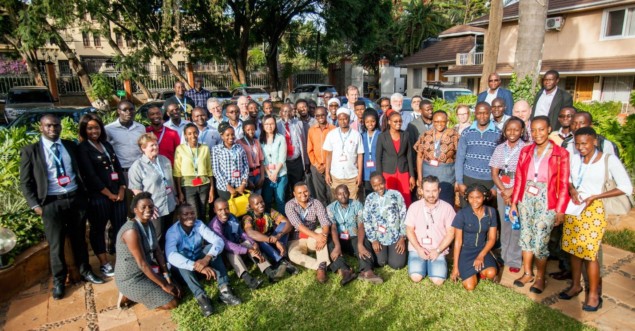
Researchers in Kenya are scouting locations for what would be the country’s first astronomical observatory. Mount Nyiro and Mount Kulal, both of which are in north-western Kenya near Lake Turkana, are being eyed as potential sites. A decision is expected to be made within the next two years with the observatory possibly coming online within the next 5-10 years if given the green light by the government.
Many Kenyan astronomers returning from abroad went back and took up jobs elsewhere
Paul Baki
Kenya is situated on the equator and can access more than 85% of the sky in both northern and southern celestial hemispheres. The country has a climate that makes it ideal for astronomical observations with little light pollution and clear skies for most of the year.
Paul Baki, an astronomer from the Technical University of Kenya in Nairobi who is part of the working group to establish the observatory, says that Kenyans training in local universities currently do not have access to a research-class telescope. “Many Kenyan astronomers returning from abroad went back and took up jobs elsewhere,” says Baki, adding that the observatory will hopefully stem this brain drain by supporting training and research in the country as well as technology development.
Economic boost
At a meeting in early February at the Technical University of Kenya, staff and students discussed what engineering skills would be necessary to build an optical telescope at the observatory and how to take the project forward. What teaching physics in Kenya taught me about inspiring students to study maths and science
Searching for a potential site has currently been done via satellite data, but now ground-based weather facilities will be used for further analysis. This work is being carried out together with South Africa and the UK, which has given the project £140 000 from the UK Research and Innovation’s global challenges research fund.
Martyn Wells, an optical engineer from the UK Astronomy Technology Centre, based at the Royal Observatory in Edinburgh, says that the sites that have been shortlisted are in economically neglected parts of the country, which could benefit by “significant astro-tourism”.



